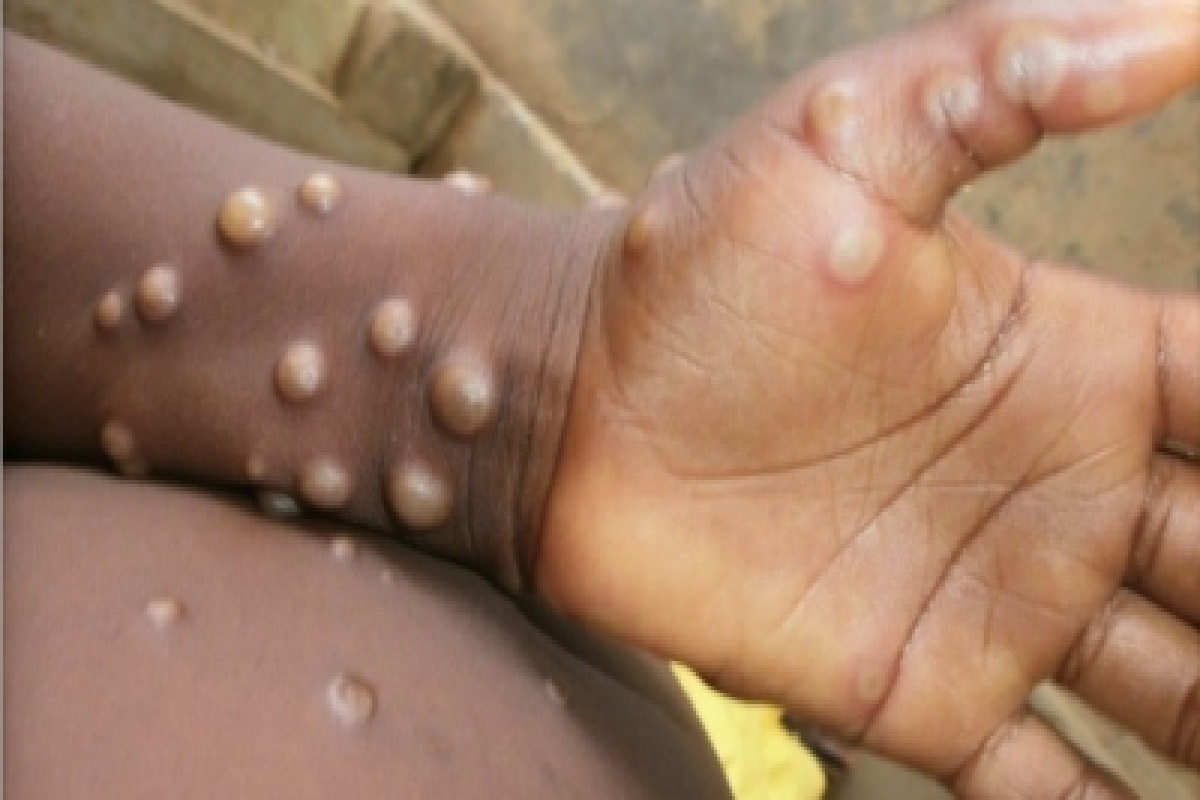Israel reports new cases of monkeypox, measles
The Israeli Health Ministry has reported the detection of new cases of monkeypox and measles in the country.
Although overall health risk to the public remains low right now, according to CDC’s Jennifer McQuiston, the cases present a community level spread in the US, CNBC reported.

File Photo
The monkeypox virus has likely infected more than 700 people worldwide, including 21 in the US, the Centers for Disease Control (CDC) and Prevention has said.
Although overall health risk to the public remains low right now, according to CDC’s Jennifer McQuiston, the cases present a community level spread in the US, CNBC reported.
“There could be community-level transmission that is happening, and that’s why we want to really increase our surveillance efforts,” McQuiston told reporters over a call on Friday.
Advertisement
“We want to really encourage physicians that if they see a rash and they’re concerned it might be monkeypox to go ahead and test for that,” she said.
Further, similar to cases seen in other countries, even in the US there does appear to be a higher risk for gay and bisexual men. Of the 17 patients that have provided detailed demographic information to the CDC, 16 self-identified as men who have had sex with men, McQuiston said.
Meanwhile, World Health Organization (WHO) has identified more than 550 monkeypox infections across 30 countries, with most of the cases reported in Europe.
The sudden appearance of these cases in multiple countries indicates that the virus has been spreading undetected for some time outside the African regions, said WHO Director-General Tedros Adhanom Ghebreyesus during a recent press conference.
According to some scientists the monkeypox virus may have been quietly circulating for years before its sudden emergence worldwide, the report said.
“There may have been undetected transmission for a while,” said Rosamund Lewis, the WHO technical lead for monkeypox during a briefing. “What we don’t know is how long that may have been. We don’t know if it’s weeks, months or possibly a couple of years.”
However, lab sequencing reveals that genetic mutations of the virus are “limited” and that “none of them are smoking guns, virology professor Marc Van Ranst, from the University of Leuven in Belgium was quoted as saying to NBC News.
Scientists have also been concerned over the virus’ spread majorly in men who have sex with men, even after not being a sexually transmitted disease.
“What’s likely happened is an endemic infectious disease from Africa found its way into a social and sexual network and then was greatly aided by major amplification events like raves in Belgium to disseminate around the world,” Amesh A. Adalja, a senior scholar at the Johns Hopkins Center for Health Security, was quoted as saying to CNBC.
“And then because it’s being transmitted through close contact in sexual encounters, many of the lesions are getting mistaken for other sexually transmitted infections, which may be delaying diagnosis,” Adalja added.
Advertisement